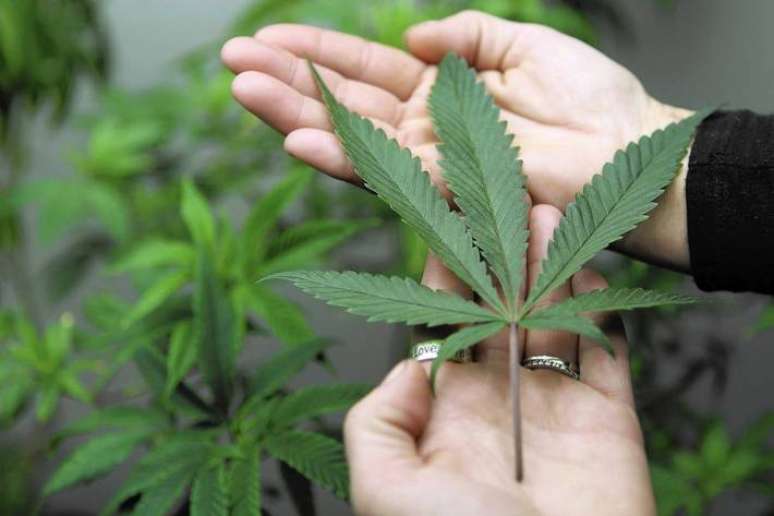The agency announced that patients with previously granted exceptional clearances will have 60 days to complete their purchase
The National Health Surveillance Agency (Anvisa) has tightened the ban on the import of flowers and other parts of marijuana in nature for medicinal use. According to the agency, patients who have prior authorization granted by the agency will have until Sept. 20 to complete their importation.
The ban on the import of cannabis in the wild has existed since December 2019, when the agency fixed the list of products eligible for medicinal use. Anvisa argues that current cannabis legislation does not allow parts of the plant to be used even if they have been dried, crushed or sprayed. According to the agency’s memo, importing marijuana in the wild carries a risk of diversion for “illegal purposes.”
Currently, patients registered with Anvisa can request the importation of cannabis-derived products included in a list and receive automatic authorization. Products that are not on this list must be requested using a form that will be evaluated by the agency’s technicians.
html[data-range=”xlarge”] figure image img.img-5914c86e5fbe76013ffc5c82105b1653rq8zxg12 { width: 774px; height: 516px; }HTML[data-range=”large”] figure image img.img-5914c86e5fbe76013ffc5c82105b1653rq8zxg12 { width: 548px; height: 365px; }HTML[data-range=”small”] figure image img.img-5914c86e5fbe76013ffc5c82105b1653rq8zxg12, html[data-range=”medium”] figure image img.img-5914c86e5fbe76013ffc5c82105b1653rq8zxg12 { width: 564px; height: 376px; }HTML[data-range=”small”] .article__image-embed, html[data-range=”medium”] .article__image-embed { width: 564px; margin: auto 0 30px; }
“In the definition of Cannabis-based products, permission to use the plant or parts of the plant, even after a stabilization and drying process, or in its scratched, crushed or pulverized form, even if available in any form, has not been included Pharmaceutical. Combustion and inhalation from a plant are not pharmaceutical forms/routes of administration of a product intended for health care”, clarifies the Anvisa technical note with reference to the standard approved in 2019.
In 2019, Anvisa authorized the sale of cannabis products for medicinal use in pharmacies. In the same decision, the agency denied permission to plant marijuana in the country for medical use. At the time, one of the arguments was that the country did not have sufficient security apparatus to allow cultivation of the plant.
Judiciary
Many people have gone to court for growing marijuana. Last week, for example, the Vice-President of the Superior Court of Justice (STJ), Minister Og Fernandes, acting as Presidency, granted injunctions to ensure that three people could grow Cannabis sativa plants.
In the three habeas corpus appeals, health problems that can be treated with substances extracted from cannabis were reported, such as chronic pain, attention deficit hyperactivity disorder (ADHD), recurrent depressive disorder, social phobia and generalized anxiety. In addition to attaching medical reports proving the reported pathologies to the processes, they presented the authorization of the National Health Surveillance Agency (Anvisa) for the exceptional importation of medicines derived from Cannabis.
Despite this authorization, the applicants claimed that importing the products is expensive, which is why they went to court to obtain preventive habeas corpus (safe conduct) and be able to grow the plant without the risk of problems with the forces of the order.
Source: Terra
Ben Stock is a lifestyle journalist and author at Gossipify. He writes about topics such as health, wellness, travel, food and home decor. He provides practical advice and inspiration to improve well-being, keeps readers up to date with latest lifestyle news and trends, known for his engaging writing style, in-depth analysis and unique perspectives.









